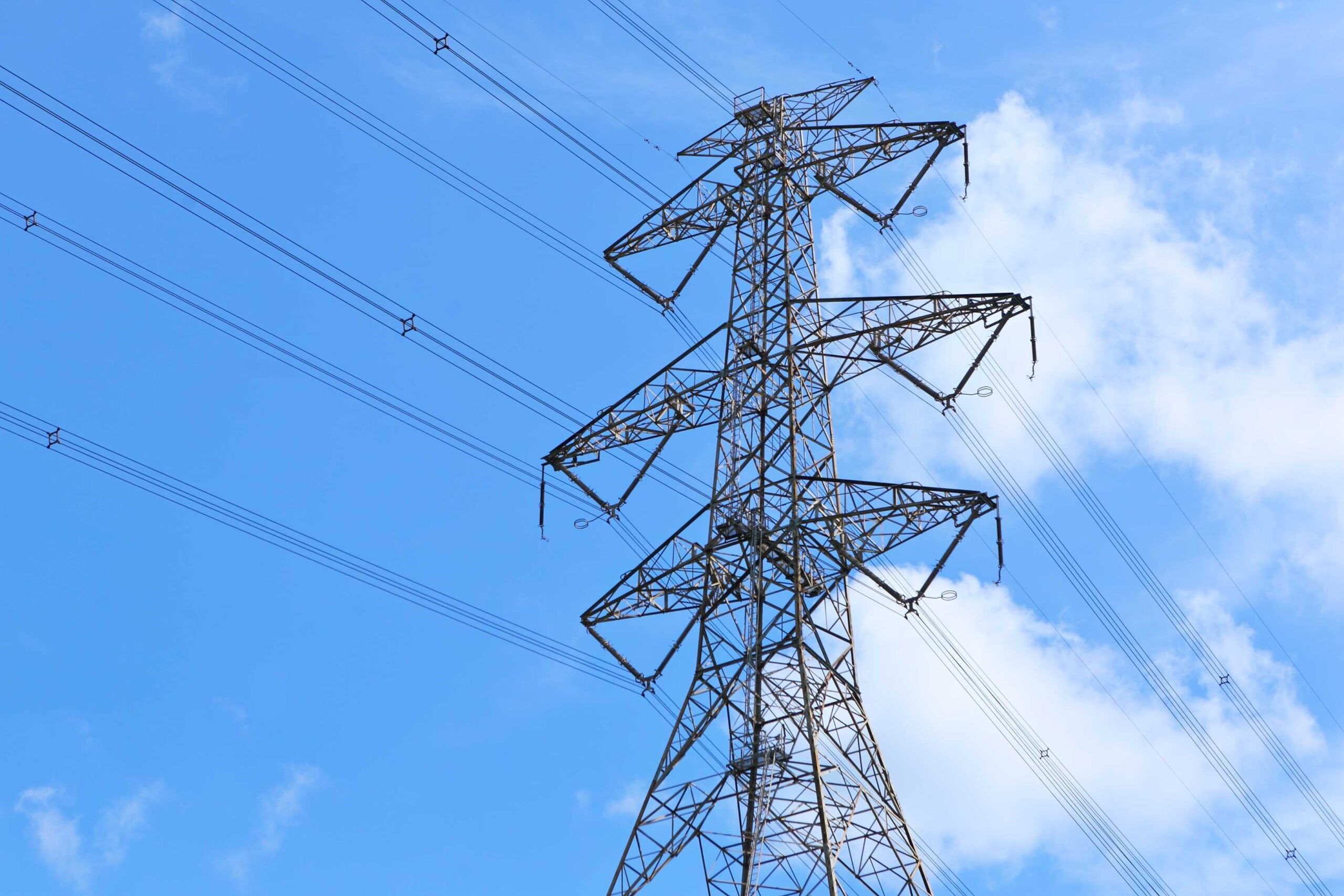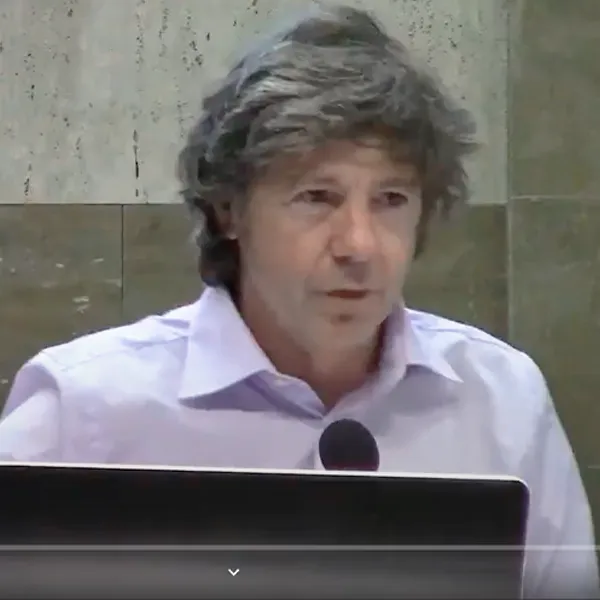On the 25th of October 2020 the Chilean people supported, with a majority of 78%, the elimination of Pinchotet’s constitution and now strive to make a new beginning. On the occasion, the Other News spoke with Tomás Hirsch, an independent Chilean parliamentarian, founder of Acción Humanista and two-time candidate for the Presidency of the Republic of Chile, about the traps that could block the creation of a new, democratic constitution. This article was originally published on 15 November 2020 at the English section of the Italian site Othernews.
Mr. Hirsch, the 25th of October 2020 landslide victory of a YES vote to dismantle Pinochet’s Constitution could revolutionize Chile’s history after 40 years. The referendum result was hard to achieve due to some constitutional constraints. Are there other obstacles to the constitution’s change?
Yes, unfortunately there are many difficulties and traps that popped up along the Constitutional Convention’s way.
First of all, for 40 years we’ve been told it was impossible to change this Constitution made during the dictatorship, and actually every time we mobilized to make some changes, we’ve been told there were difficulties. But when all the people did mobilize, those who were in power got scared at facing the whole country’s mobilization, which showed that yes, it is possible to change the Constitution.
Political will would be needed, something that was missing when on the 15th of November 2020 an agreement was signed between some political forces, keeping out civil society organizations, women, native peoples, workers, students. When politicians made that agreement, they set constraints and obstacles that make the process toward the Constitution difficult, something that the majority of Chileans have shown they really want.
A trap among others is that a very high quorum has been set: two-thirds are needed for the approval of each article to be included in this new Constitution. In other words, one-third of the constituents are allowed to block any agreement others want to make. So one-third of constituents, which is the share the right wing knows it will get in the Convention, a little bit more than one-third, has the right to block any deep and structural transformation. So this one is a complex trap, difficult, which could mean members of Convention will be working for a new Constitution, but real possible changes such as rights: the right to education, health, water etc… will be very limited.
A second trap or difficulty has to do with the electoral plan for the constituency election, which is the system for electing the convention deputies.. It keeps out or makes the possibility to elect independent people very hard. It was also forbidden to elect union leaders or social leaders. So the second difficulty is related to the representation of the country’s diverse population.
A third difficulty is that native peoples were not included. We presented a plan to allot them reserved places in the convention. But it is still being discussed in the Senate. We hope it will be approved, even though it’s not yet so.
A fourth difficulty is that they set as a condition that international treaties cannot be modified or touched. This is an aberration to protect big capital. It is one thing to maintain human rights treaties, and another thing that commercial treaties cannot be touched, like the treaty with Malaysia fixing bananas rate. What does that have to do with a new Constitution? Nevertheless, the present politicians’ concern was to keep these matters as untouchable.
These are the difficulties, meanwhile there is the other side: all the expanding possibilities, the positive ones. The possibility for people to engrave their own design on the new Constitution is opening up, and this means a very deep change in our country.
On April 11th all Chilean citizens will vote to elect a Constitutional Convention. Therefore, the vote belongs to the people…
The vote belongs to the people. It is voluntary. We already noticed that voting increased in this referendum; mostly young people are interested in voting and participating. The 11th of April 2021 vote belongs to the people, but the electoral system imposes restrictions.
First of all, parliamentary electoral districts are the same ones that manage the convention deputies elections, and this means a restriction on the representation of diversity. Secondly, independent, non-party affiliated people have to sign the candidacy document in front of a notary. Political parties don’t have to do this. Third, the ability to make electoral pacts is much easier for political parties than for independent candidates. So, there are several restrictions preventing effective and equal participation for everybody. These are the difficulties of this election.
At the same time there is a trend, not only in Chile but all over the world, of fragmentation and dispersion. Therefore it is very likely that more progressive formations will present many lists, while the right wing will easily converge, because it knows very well that business is business, and when you have to get together, they get united to defend their own stuff. This is a political difficulty that has to do with the fragmentation and dispersion moment progressive circles are experiencing.
Protests, that for one year, have filled streets and squares in Chile played a fundamental role. How much did the presence of women influence the process? Is it true they obtained gender equality in Constitutional Convention’s participation?
Gender equality wasn’t contemplated in the November 15th agreement. This is one of the reasons why we as Humanist Action, and many other organizations, did not sign the agreement.
They didn’t take into consideration women, social organizations, nor native peoples. We later presented a bill in order to include all of them and to achieve the current mechanism which will be equal. And it will be the first Constitution in the world written with gender equality. This is a very interesting thing. I believe that the women’s movement has been fundamental in this process. Women’s protests also started very forcefully during last year’s so-called “outbreak”, in October 2019.
Three or four fundamental sectors took part in the process:
- Women, with their mobilizations, requests, fights, and theses;
- Native peoples with their requests, fight and organizations;
- Students that in 2006 and in 2011 started processes called the student revolution, the penguin revolution;
- Environmental movements that raised issues that did not exist earlier.
I believe that throughout this process women, the feminist movement and women in general, had a role which was a precursor to the mobilization that lead to the possibility of writing a new Constitution”.
Did women create a Women’s Party in Chile?
No, the truth is that there was only an intention to create parties. Last year there was an explosion of intentions to create new parties. One of them was a Women’s Party, but none of them (there were 14) were able to complete the steps required by law. Therefore no, there isn’t any new party.
Will it be possible after the Constitution’s change or will the constraint keep existing?
Many things must be changed in the new Constitution: all State organizations must be audited. The hyper-presidential state we have today should be turned into a semi-presidential one; our very unitary and centralized system into a more federated one; the bicameral legislature into a unicameral one; Central Bank’s and Constitutional Court’s role should be changed; direct democracy, popular initiative of law; the revocation of the mandate, the plebiscite, there are many issues. And among others, everything that concerns citizen participation should be sorted out. Therefore, participation mechanisms should be facilitated as well as the procedures for political parties’ creation. Also, we should obtain confirmation that union and social leaders are allowed to stand as candidates. But business executives yes, they can stand as candidates. Also, the political party system should be modified in order to make parties much more accessible and less restrictive.
There is a point which is very important to me. Now an institutional step is coming up, where the Constitutional Convention will write a new Constitution, and afterwards it will be voted on. This is an institutional process. But here, the fundamental thing was the process of social organization and non-violent massive mobilization. It is fundamental that this process continues. If we want the institution to be the one solving problems in Chile, and if we want to deactivate the social movement, we would be making a very big strategic mistake. It is fundamental that the citizens’ organization be maintained and that non-violent mobilization continue. This is as true in Chile as in the entire world. Big, human transformations have always been the result of social organization and mobilization, not of the institutions that come later in a transformation’s dynamic. It has always been like that and it is very important this be maintained, and will accompany and put pressure on the constituents.
I believe that this is the central element of the coming phase. Otherwise, we will have a group of constituents disconnected from social reality. Luckily, participation in the referendum increased. People are participating in territorial councils and assemblies. There’s a big participation dynamic, regardless of the pandemic, and this shows me there is a strong commitment. It is a very good signal that has to continue. We as Acción Humanista, together with other organizations, are putting much emphasis in the process of participation of the people, of the citizens. We believe that this is the key for the future process”.
What’s your position about violence on the streets?
We as humanists reject violence, but all forms of violence. Violence is not only the physical type, when you hit somebody with a stick. Violence is above all economic violence, cultural violence, racial violence, generational violence, sexual violence, ethnic violence. It is expressed in different ways.
Here we’re talking about physical violence by some individuals taking violent actions which we reject. But we must understand that we are living in a profoundly violent system that has sold itself as a system for success but that generated brutal inequalities, an absolutely unacceptable level of abuse and mistreatment that sometimes clearly ends up generating outbursts, that we reject, but it is good to understand and comprehend where it comes from.
This system is very violent toward Chilean families. Let’s just look at what’s going on with the pandemic. One thing is the pandemic and health, but here there’s a social pandemic: millions of homeless families that are abandoned and the government doesn’t give any real answer in order to help families get out from this situation. This is violence.
Photo: The Chilean protests of the last years led to the overthrow of the Pinochet-times constitution (source: Carllos Figueroa, Wikpedia Commons)
The Barricade is an independent platform, which is supported financially by its readers. Become one of them! If you have enjoyed reading this article, support The Barricade’s existence! We need you! See how you can help – here!









